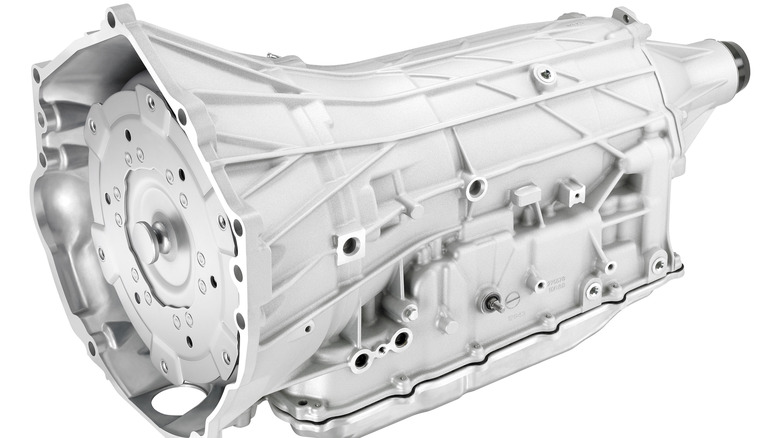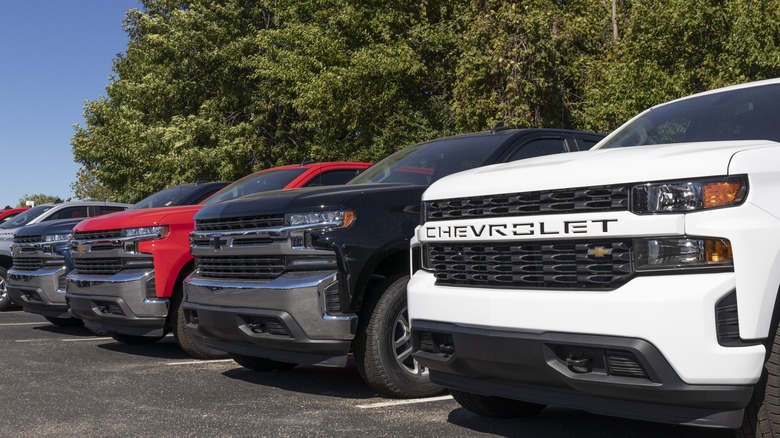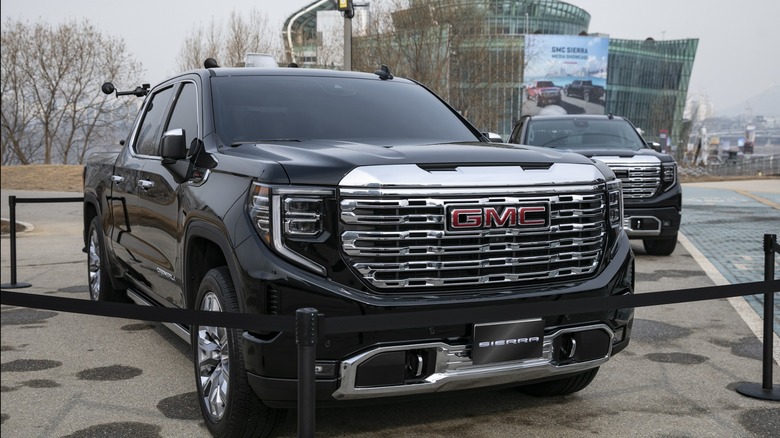Chevrolet 10-Speed Transmission: The Most Common Problems
In a perfect world, buying a brand-new vehicle with the latest and greatest technology would mean you've got a problem-free ride for the foreseeable future. However, as we're sure most folks are aware, the world is far from perfect. Virtually every brand-new vehicle has a recall for something, whether it be something major or a quick and easy repair.
We've already covered the issue with the Ford 10-speed automatic transmission and the surrounding lawsuits. However, Chevrolet also uses a 10-speed transmission. Interestingly enough, the 10-speed transmissions were co-engineered by Ford and General Motors. That might lead one to expect them to have the same issues, but because of minor differences between the two, there are some differences in complaints. The biggest problem with the Ford variants is reports of the transmission suddenly downshifting into first gear at highway speeds or completely locking the wheels up. From what we can find, there don't seem to be any reports of the same issues with the GM variant. But that doesn't mean the GM 10-speed transmission is without fault.
Rough shifts and slipping gears are present issues in some examples
At first, if you've never driven a newer vehicle with this many gears, the constant changing of gears may seem a little bizarre. It definitely takes some getting used to. However, beyond the abnormal amount of shifting, there are a handful of complaints about the operation of the GM 10-speed transmission that you find in both Chevrolet and GMC Trucks.
Some 10-speed transmission owners report experiencing rough shifting throughout the entirety of gear changes. Feeling these clunky and rough gear changes can stem from a variety of issues. These include low fluid levels, dirty transmission filters, or an electronic issue like a faulty shift solenoid pack. One complaint even outlines a faulty ground wire leading to transmission issues on a 2020 Chevrolet Silverado with only 7,500 miles on the odometer.
Another reported failure mode for these transmissions is slipping between gear shifts. When the transmission slips, it means that the gears are not engaging correctly. This can also come as a consequence of low fluids or a faulty shift solenoid pack. It could also stem from faulty clutch plates in the transmission's clutch packs, too.
Delayed Engagement and Overheating issues
Some owners also report delayed gear engagement. This can feel like slipping, but it's typically experienced when changing from park to drive or reverse. When pressing the accelerator, the engine may rev freely for a moment before the transmission suddenly engages and starts moving. The worst-case scenario for this situation is a faulty transmission pump, requiring a replacement of the entire transmission. This can also stem from valve body issues or, again, electronic issues, whether it be wiring issues or a faulty transmission controller or shift solenoid pack.
Finally, a handful of 10-speed transmission owners experience overheating issues. The transmission overheating is especially prevalent when owners use the trucks for heavy-duty towing. That being said, one can't really fault truck owners for towing things with their trucks that are advertised to be used for heavy-duty towing. While this issue can stem from low fluid, the typical cause is damaged cooling lines or an all-out failure of the transmission cooler.
Owners of Chevrolet or GM vehicles equipped with a 10-speed automatic transmission should ensure that the transmission is properly filled before using for towing or hauling heavy loads. Moreover, it's important to keep up with regular maintenance of your transmission just as you would with your engine. Replacing fluid and filters in a timely manner is imperative. That said, if you're experiencing issues with your Chevrolet or GMC 10-speed transmission prematurely, it's best to get in contact with a dealership regarding your issue.


